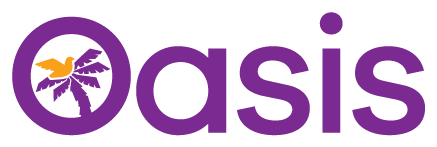
Disabled women in the UK are more than twice as likely to experience domestic abuse compared to women who aren’t disabled. The abuse they face usually lasts for a longer period of time, and with greater severity.
If you’re disabled, your abuser may also be your carer, making you more reliant on them. You can be subject to physical, emotional, sexual, digital or economic abuse in any or all of the ways that non-disabled women are abused, but in addition you may experience the following forms of abusive behaviour:
- Withholding or neglecting your care needs
- Removing mobility or sensory aids, such as wheelchairs, hearing aids, or prosthetics
- Controlling your finances by claiming carer benefits or denying you access to your own funds
- Taunting, belittling or degrading you because of your disability
- Preventing you from attending medical appointments or therapies
- Manipulating medication schedules to harm or control you
- Monitoring or restricting your use of assistive technology or communication devices
- Exploiting your disability to isolate you further, such as exaggerating your care needs to others or telling them you won’t understand or can’t make decisions independently
If you’re disabled you may also face extra challenges in seeking help:
- Leaving an adapted home or care setup may feel impossible
- You could be more physically vulnerable or socially isolated
- Disclosing abuse to health or social care professionals may be harder if your abuser always present as your carer
- Fear of losing necessary care or independence if you leave the relationship
- Limited accessibility to support services or helplines
- Lack of awareness or understanding from service providers about the specific needs of disabled individuals
- Fear that authorities may not believe you due to your disability or may perceive you as less credible
- Dependence on your abuser for transportation, making it harder to leave or access help
If any of this feels familiar, we are here to help you navigate these challenges. Contact us on our helpline on 0800 917 9948 or send us an email at helpline@oasisdaservice.org.

